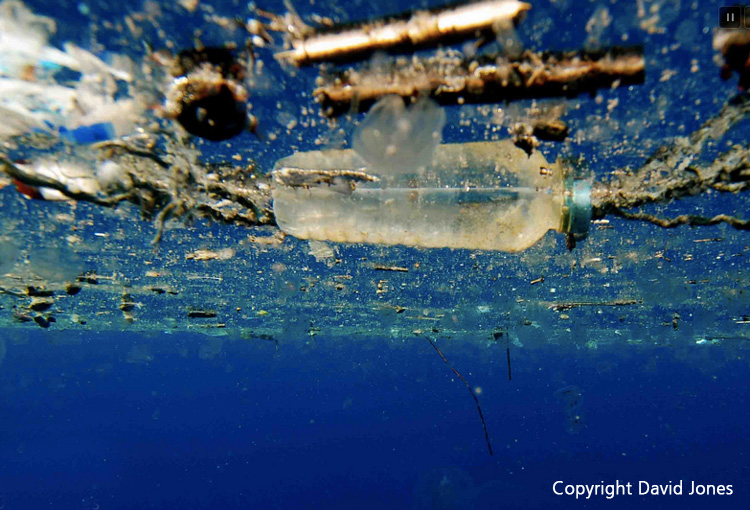PORTSMOUTH – Scientists have successfully modified a bacterial enzyme to break down polyester more efficiently in a move that could have wide ranging implications for the plastics recycling, waste and textile industries.
Ecotextile News reported back in 2016, how an enzyme produced by bacteria living at a plastic bottle recycling site in Japan could digest polyethylene terephthalate (PET). But now, scientists at the University of Portsmouth and the US Department of Energy’s National Renewable Energy Laboratory (NREL) inadvertently engineered an enzyme that is even better at degrading the plastic than the original one that evolved naturally.
The discovery could result in a more effective recycling solution for millions of tonnes of plastic bottles, made of PET, which currently have to undergo a complex chemical process to break them down into their respective monomers for reforming into virgin grade polyester fibres and other materials.




